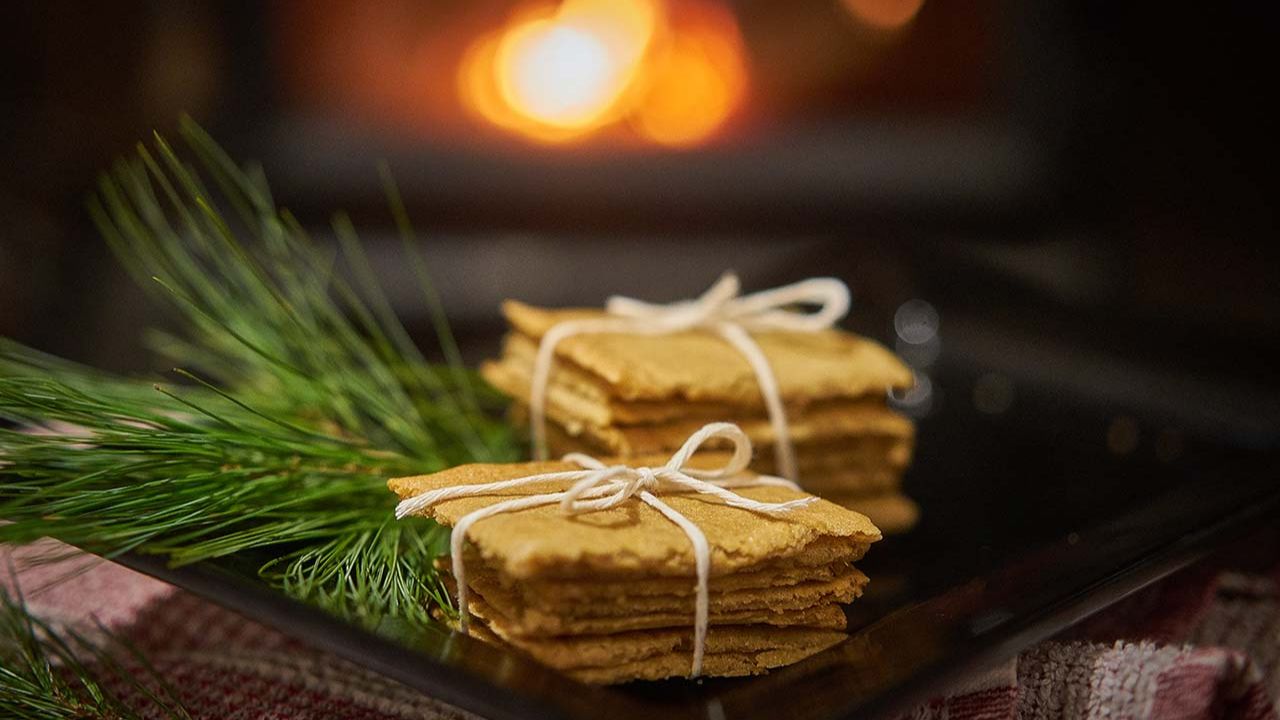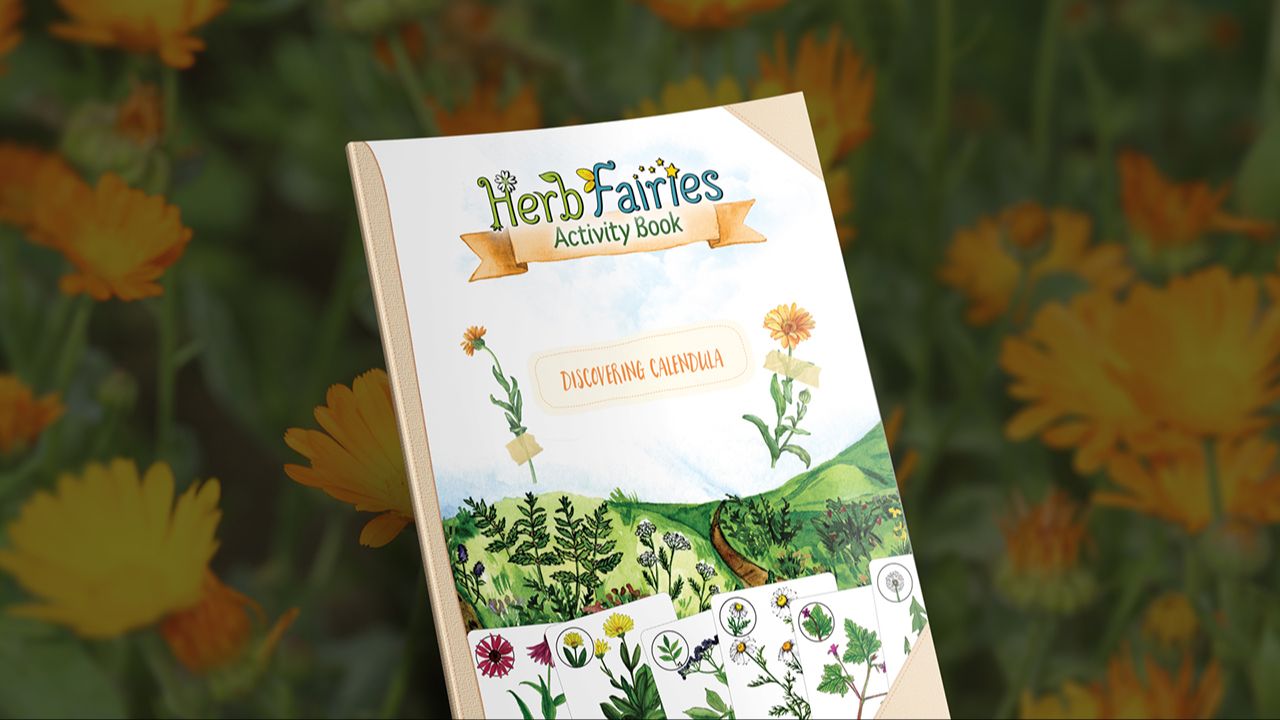
How to Become an Herbalist
Do you find yourself daydreaming of leaving your day job? Geeking out on all of the plants that grow around you? And longing to help your loved ones with herbal remedies? Well, chances are it might be time for you to become an herbalist…
Herbalism is the ancient art and science of working harmoniously with plants and people to ensure their mutual vitality. In recent years, more and more people have become interested in herbalism and trying out herbal remedies. The rising popularity in herbalism makes this an especially exciting time to become an herbalist and start serving your community.

What is an Herbalist?
An herbalist is a person who works with herbal medicines to care for their own self and for people who seek their care. Herbalists work with plants, which can complement a wide range of other healing modalities. Each culture, place, and person has their own unique approach to herbalism, which is informed by many factors. Some of these factors include what plants grow in the area, what cultural stories people carry about the plants, and the person’s own unique relationship with the natural world.
Many herbalists pursue a formal herbal education, either opting for an online program or an in-person herbal school. And many herbalists are either self-taught herbalists or they receive teachings passed down in their lineage. There are as many herbal paths as there are herbalists, and each herbalist brings their own gifts to the herbal world.

What Do Herbalists Do?
The simple answer to this questions is that herbalists matchmake herbs and people, and there’s so much that goes into this matchmaking. Some herbalists are home herbalists who like to share their herbal remedies with loved ones. You can often find a home herbalist in their kitchen or garden — harvesting herbs to make a cup of peppermint tea for a friend or simmering elderberries over their stove for their apothecary.
Some herbalists like to work clinically as herbal practitioners. Clinical herbalists work with clients to help support their wellness journey with herbal medicines. Clinical herbalists often specialize in specific health areas (like fertility or digestion for example), and clinical herbalists often see clients in a in-person clinic setting or via telehealth.
Herbalists also work as entrepreneurs, founding their own herbal products business or creating educational programs for people to pursue herbal studies.
Whether you want a career in herbalism or to serve your community more informally, the possibilities for your herbal path are truly endless!

How Do I Start Studying Herbalism?
Are you ready to start your herbal journey but don’t want to spend thousands of dollars on a time-intensive herbal program just quite yet? Check out HerbMentor! HerbMentor is LearningHerbs’ affordable, subscription-based online education platform that features courses, plant profiles, recipes, remedies, and more.
On HerbMentor you can take classes with renowned herbalists like Rosemary Gladstar and jim mcdonald at the fraction of the price of an herbal program. Right now you can try HerbMentor for just $1 – seriously, it’s just $1, which is less than the cost of an empty tincture bottle.
Nerding out on plants with HerbMentor allows you to explore the herbal field and see more clearly where your herbal path will lead. Maybe you’ll do all of your herbal learning on HerbMentor (I’ve certainly done a whole lot of mine there!) or maybe HerbMentor will be a resource for you while you’re in a more formal herbal training — with HerbMentor, you get to decide.

How to Become a Herbalist: Do I Need a Certificate in Herbalism?
You do not need a certificate or to have a license to practice western herbalism in the United States. While a certification program can help give you the tools to better serve your community and get a firm grasp on the basics of herbalism and more advanced skills, it is not required in the United States.
This means that you have the freedom to choose how you want to follow your herbal path. You can opt for self study, learn from family and community members, take a few classes here and there, or attend an intensive herbal program. If you do choose to attend herb school, you’ll have the chance to learn from experienced herbalists about topics ranging from materia medica (how plants can be used for healing purposes) to clinical skills to gardening and more.
If you are craving a little more formality in your herbal studies, you could also voluntarily become a Registered Herbalist with the American Herbalists Guild by meeting their requirements. The American Herbalists Guild is a well-known, reputable herbal organization that offers herbalists the opportunity to register with the Guild to demonstrate that they’ve met key educational requirements and have gained a level of expertise in the herbal world.
And remember, no matter what route you take in learning about herbs, it’s important to keep in mind that herbalism is a practice, and it’s not something that you can master overnight. Herbs are living beings, and the more time you spend with them, the more you will learn. Consider starting a regular practice of spending time with plants — maybe go for a daily walk in nature, observe the weeds in your backyard, or try to grow a few of your favorite herbs from seed.

Should I Go to Herb School?
Right now, you may be asking yourself if you should attend an herbal program to formally study herbalism. Going to a dedicated herbalism school can give you the opportunity to fully dive into and deepen your herbal studies, but you can also be a brilliantly competent, successful herbalist without attending school. There are many self-taught herbalists who successfully care for their loved ones with herbal remedies.
Choosing whether or not to go to school to deepen your knowledge of medicinal herbs depends on so many factors. When making this choice, consider the following questions:
- What do I want to do as an herbalist?
- Do I want to get clinical experience?
- Do I have the money to attend herb school right now? What are the program costs for the schools I’m interested in?
- Do I have the spaciousness to welcome in the time commitment of herb school?
- How do I feel about investing in a herbal certification program when there are no licensing requirements for herbalism in the United States?
- What herbalism school would I attend?
These questions are a good jumping off point for deciding whether or not to attend herb school. If you are interested in attending herb school, you can check out my guide to the best herb schools here.

What Can I Do as a Herbalist?
As an herbalist, you have the potential to impact the health and wellbeing of individuals in your community. There are so many ways to connect the people and the plants: you could create custom herbal formulas for clients, teach classes on herbs, or even start a business selling your own herbal product line.
Herbalism is a lifelong practice, and your practice will evolve over time. Many herbalists consider themselves gardeners, clinicians, formulators, and teachers all in one. You get to listen to the people and the plants in your community and choose your own abundant herbal path.
Enjoy!










